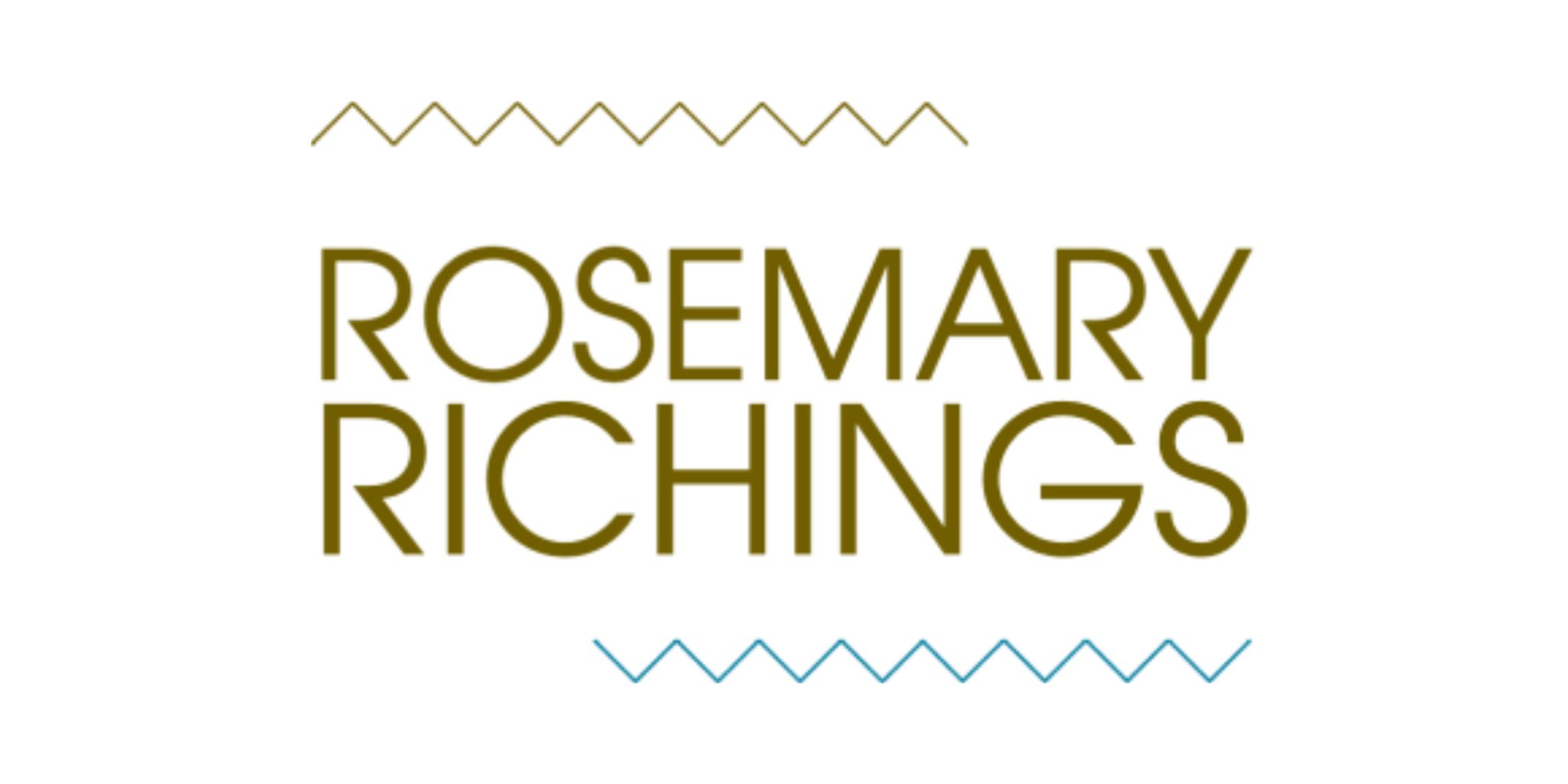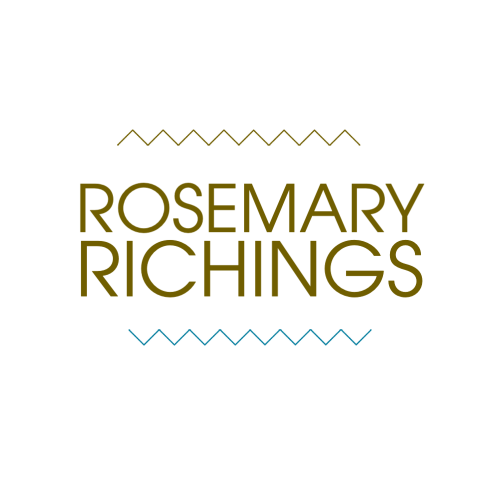Coming up with ideas for your blog’s editorial calendar can be challenging.
In fact, on Eden Fried’s blog, two bloggers admitted that having no idea what to blog about is a really common excuse for deciding not to start a blog.
You’re probably not the only one who’s stumped on what to blog about:
I listened in on two webinars and one Facebook Live chat last week.
And guess what?
A lot of the participants had no idea what counts as relevant content.
So, if this something you find challenging you’re definitely not the only one.
Today I’m going to provide you with a list of six key questions that will help you go from a serious case of writer’s block to a full editorial calendar that will get your readers talking.
1) What does your audience want?
You know what inspires people to hit the “share” button, like your post on Facebook, pin the image & URL on Pinterest, etc?
Content that directly speaks to your reader’s experiences.
For instance, last week I wrote a blog post on how shy introverts can thrive at networking events.
Although it wasn’t my most popular post from a social media shares point of view, it caused a record level of engagement.
Here’s how people responded to my post in a Facebook group:

And here are the kinds of comments I got:

And here’s how I did that:
I took something personal, my experiences with networking events, and showed readers with similar personality traits how to face networking events confidently.
My blog attracts mostly creative people, so people found my take on networking comforting.
[bctt tweet=”When you have no idea what to write, try reflecting on a relatable experience.” username=”@rosiemay_r”]
2) What do your clients ask you about?
FAQ pages are a great starting point for addressing people’s questions, comments, and concerns.
However, blogging is the perfect tool for addressing those questions in deeper detail.
That’s exactly why my commercial website includes not one but three links to blog posts that relate to something that my clients will likely want to know more about.
But why do I do that?
Because it’s a great way for clients to learn more about my process.
And clearly, it works.
In fact, I check my heat maps daily, and people frequently click on my blog post URLs on my commercial website.
[bctt tweet=”When you’re stumped on what to blog about, try to see things from your client’s perspective.” username=”@rosiemay_r”]
3) What are some common problems within your industry?
Everything from:
- Things that piss you off about your industry.
- To what people are saying about your industry in everywhere from other peoples’ blogs to forums such as Facebook and Reddit.
- To overheard conversations at workshops, networking events, and even family gatherings about your work are all the perfect starting point for a blog post.
Are all a crucial source of inspiration. is because
But why is that the case?
Because you’re likely not the only one that’s heard the questions and comments that come up within the settings I just mentioned.
In fact, it’s safe to assume that these are all topics that come up in Google search results all the time.
[bctt tweet=”Use what you hear and what you read to come up with ideas that will actually get people talking.” username=”@rosiemay_r”]
4) Anything you want to promote?
Including a call-to-action in your blog posts is a great way to promote your latest offer, a specific service, upcoming events, and anything else important that you can possibly think of.
If you don’t know what to blog about, start with the call-to-action, and then center your blog post around a relevant topic that will inspire people to learn more.
For instance, if you’re targeting the running community….
(Sorry, this is just on my mind because of a prospective client email I got recently.)
You could promote your latest sale by talking about how first-time marathon participants can train for a marathon that will be happening soon in your community.
This is a great way to not be too salesy, and make your promotion into a friendly side note, rather than an annoying, metaphorical, flashing button, glaring in people’s faces.
And trust me, that’s a tactic that works.
But why does it work?
Because people are far more likely to trust you, and actually click on your “click here” button if you also give them useful, free advice.
5) What are your goals?
A great way to accomplish your goals, especially if they’re about attracting a specific demographic, is to use your goals as a starting point for the content that appears on your blog.
But why is that the case?
Because it provides the necessary search engine love that you need to attract attention.
In fact, companies that prioritize blogging are 13X more likely to enjoy a positive ROI.
So, if you want to attract more search engine traffic or a specific demographic, start by producing quality content that your ideal audience will find extremely relevant.
And, if writing isn’t your strength, I can help, and if can’t help I’ll at least recommend you to a relevant freelancer.
6) What’s going on in the world?
If it’s relevant to the type of content you tend to write about, current events can be a fantastic source of inspiration.
Not to mention, it’s perfect for boosting search engine traffic.
But, be careful.
If a current event doesn’t directly relate to your company, and also your blog’s focus, don’t write about it.
People will be disappointed and go read someone else’s website if your tie into current events is irrelevant.
And you don’t want that, of course!
Only tie current events into your posts if readers will be wondering how this will impact your industry.
Conclusion:
People run out of ideas for blog posts when they lose track of why they have a blog in the first place.
And that’s nothing to be ashamed of!
Because living a busy life can make coming up with new ideas on your own every week pretty challenging.
However, if you consistently ask yourself the questions I mentioned above, you’ll win the fight against writer’s block.
And, if you still have no idea what to write about, I’m offering one-on-one Skype brainstorming consultations for entrepreneurs, small businesses, and marketing pros that are stumped on what to blog about.
There are only five spaces available, so if you want to sign up, do it as soon as possible to avoid disappointment.
For more info about my Skype Consultation offer, click here.



